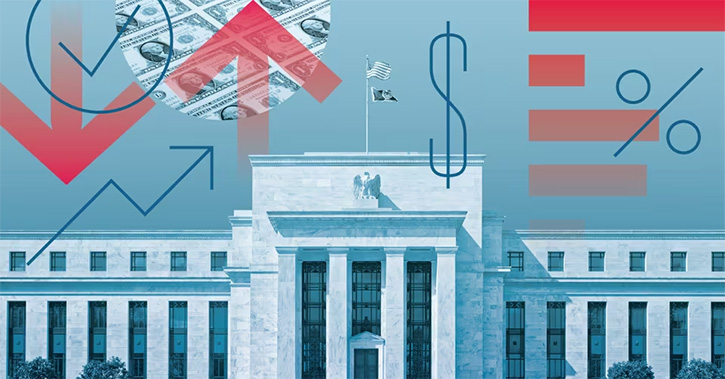"North Dakota is my favourite emerging market", announces economist Nancy Lazar of Cornerstone Macro. "It has achieved 15% growth last year - when was the last time even China managed that?"
Thanks to the boom in coal, natural gas and crude oil in the US, the mid-states of America are experiencing emerging-market like GDP growth. The renaissance in the energy sector is spilling over into manufacturing and services, meaning an extremely low unemployment rate of just 3%.
These states are spending their new found cash too. The building of infrastructure developments such as roads and schools have begun. The new Foxcon chemical plant in Pennsylvania is an excellent example of this overspill effect - cheap energy has meant that industries which consume a lot of oil or gas have more money to spend elsewhere.
Manufacturers are also choosing Made in the USA over made in Brazil or India. The cheaper cost of energy and the flexibility of the labour market make repatriation of industry attractive. While the culture of some countries make it difficult to hire and fire this is not the case in the US, it may not be a well-articulated fact, but businesses prefer to work in countries where laying off staff does not result in civil unrest.
US manufacturing costs are now competitive with China. Manpower's CEO said that the "all-in" manufacturing wage costs in America, which also take into account the time-consuming effort of running plants on the other side of the world, are now only 20% higher than in China. He cited the example of a new auto recovery factory in the US which offered hourly wages of up to $14 for entry-level jobs - compared to $8 in China.
While wage inflation in China has helped boost their growing middle class, wages have fallen in the US. A similar position to that which Manpower's CEO cited would have paid around $40 an hour just a few years ago.
One sector where it is still significantly cheaper to produce in China is clothing. US fashion designer Nanette Lepore spoke to the New York Times last week, lamenting that for clothing at least Made in the USA still came at a premium.
Despite making her high-end garments in New York, lower price point clothing is manufactured in China.
The US does at least rank significantly higher than the major emerging markets when it comes to the Ease of Doing Business Rankings. The US is fourth - behind Singapore, Hong Kong and New Zealand - while China is ranked 96, Brazil 116 and India 134.
Jenny Jones, Schroders Head of US Small and Mid Cap Equities said that there had been a manufacturing renaissance in auto, thanks in part to the energy boom.
"North America - that is US and Canada - will reach oil independence in 2030," she said. "Production yield is much higher from every rig now compared even to just five years ago. This means companies can reopen old resources such as the Permian basin. The US is producing a record amount of natural gas and crude oil."




























